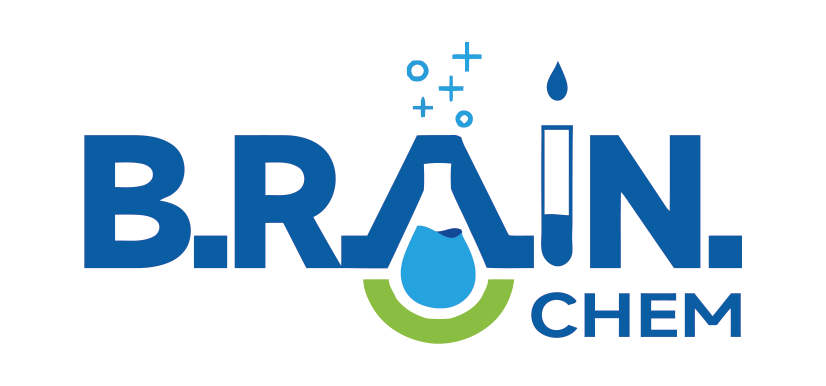
The emotional impact of helping a loved one stay sober can take a toll. Seek help from a therapist or a counselor if you feel stressed or depressed. You can also participate in a program that’s designed Substance abuse for the friends and family members of alcoholics, such as Al-Anon.
Understanding Alcohol Use Disorder
Sometimes the intervention occurs at the professional’s office. An intervention gives your loved one a chance to make changes before things get even worse. If the person does have an alcohol problem, the best thing you can do is be open and honest with them about it. Hoping the person will get better on their own won’t change the situation. No matter the reaction, you should stay calm and assure your person that they have your respect and support.
How to approach someone with alcohol use disorder
People in early recovery typically need emotional and material support. This support is helpful and healthy, but it’s important to let them know you will only be supporting their recovery efforts – nothing else. Focus on supporting your loved one’s healthy, future goals, such as continuing education or finding a job.
To quit or cut down?
Combined with medications and behavioral treatment provided by health care professionals, mutual-support groups can offer a valuable added layer of support. Based on clinical experience, many health care providers believe that support from friends and family members is important in overcoming alcohol problems. But friends and family may feel unsure about how best to provide the support needed. The groups for family and friends listed in the “Resources” section may be a good starting point.


Your loved one might relapse several times before finding an effective treatment method that keeps them on track. And remember that millions of people support for alcoholics who were once experiencing alcohol or other substance dependence are now living happy and fulfilling lives. Seek professional help on how to approach your loved one about their substance use so they can get the proper treatment. Assistance in Recovery is one resource in our community that offers advocates who can help coach you on the best ways to do this.
- To learn more about alcohol treatment options and search for quality care near you, please visit the NIAAA Alcohol Treatment Navigator.
- Hoping the person will get better on their own won’t change the situation.
- If you’re a casual drinker, saying no topeer pressure may not be easy.
- As much as you may want to, and as hard as it is to watch, you cannot make someone stop drinking.
- Medications can also deter drinking during times when individuals may be at greater risk for a return to drinking (e.g., divorce, death of a family member).
Included in

Your loved one’s drinking isn’t likely to get better on its own; it’s more likely to get worse until you speak up. The app store on your cellphone has several sobriety apps that can inspire you to quit drinking and stay sober. Some appshelp you keep track of alcohol intake or sobriety dates.

You may need to join forces with others and take action through a formal intervention. Treating alcoholism isn’t easy, and it doesn’t always work the first time around. Often a person has been contemplating abstinence for some time, yet couldn’t get sober on their own. Don’t blame yourself if the first intervention isn’t successful.
- Read on for some steps you can take to help your friend, family member, or loved one.
- Alcohol manipulates this system, which drives us to repeat behaviors that we enjoy.
- Get cost-effective, quality addiction care that truly works.
- Consider writing them down and keeping notes on hand, so you have a physical reminder to look at when you need it to help motivate you to stay the course.
You can also benefit from the shared experiences of the group members and learn what others have done to stay sober. Some people are able to stop drinking on their own or with the help of a 12-step program or other support group (see below for links). Others need medical supervision in order to withdraw from alcohol safely and comfortably. Which option is best for you depends on how much you’ve been drinking, how long you’ve had a problem, the stability of your living situation, and other health issues you may have.
Ready to make a change?
For more information, please visit the NIAAA Alcohol Treatment Navigator®, an online tool that helps individuals find the right treatment for them—and near them. The Navigator offers a step-by-step process to finding a highly qualified professional treatment provider. As much as you love the person with the drinking problem and as upsetting as it can be to watch them struggle with their addiction, there’s only so much you can do. You can’t monitor their behavior around the clock, make all their decisions for them, or allow their problems to take over your life. You are not your loved one’s therapist or AA mentor, so don’t try to take on those responsibilities. To avoid burnout, set clear limits on what you’re able to do.
